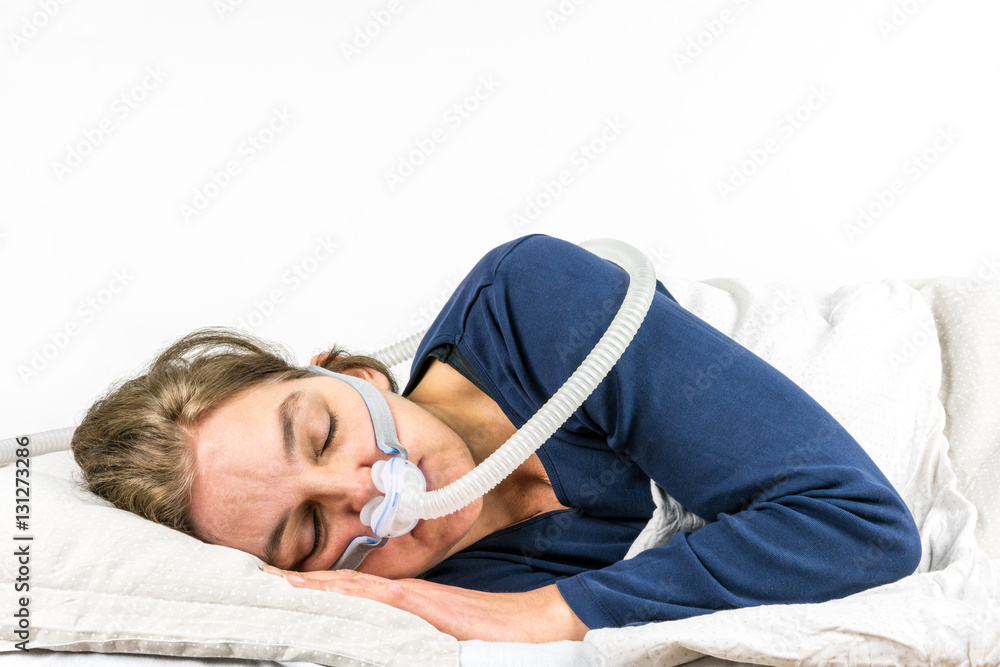The term sleep disorder refers to conditions that affect sleep quality or duration. It is usually classified by signs like trouble falling or remaining asleep, difficulty staying awake during the day, imbalances in your circadian rhythm that interfere with a healthy sleep schedule as well as unusual behaviors that severely disrupt your sleep. It is encouraged for people with these symptoms to consult with a physician. Here are some common sleep disorders that might be helpful to know.
Sleep Apnea
Sleep apnea is a sleep disorder that occurs because of the blockage of the upper airway. Symptoms like heavy snoring, excessive daytime sleepiness, and fatigue are common and can lead to a decreased quality of life. The second type of sleep apnea would be central sleep apnea. Sleep apnea is a common sleep disorder that can greatly affect your quality of life. If you suspect that you have it, do consult a physician immediately.
Narcolepsy
Nacrolepsy is a kind of sleep disorder that makes people feel incredibly tired during the daytime even after getting a lot of sleep the night before. Symptoms include excessive daytime sleepiness, sleep paralysis, cataplexy, and disrupted nighttime sleep.
Parasomnias
Parasomnias are unusual sleep behaviors that can occur anytime before falling asleep, during sleep, or in between. Symptoms include sleepwalking, bedwetting, night terrors as well as exploding head syndrome, which is a type of sleep disorder where you hear a loud noise or an explosive crashing sound in your own head. They can also greatly affect your quality of life and it is best to consult a physician if suspected to have it.
Non 24-hour Sleep Wake Disorder
This sleep disorder refers to when an individual’s circadian cycle exceeds the 24-hour mark and experiences delays in their sleep and waking times. This disorder primarily plagues those who are blind and those with dementia as well.
Treat Sleep Disorders at Head Pain Institutes
Here at Head Pain Institute, we often treat sleep disorders like sleep apnea but with a different twist. Therefore, here at Head Pain Institute, we treat sleep apnea with a different method, using an oral appliance, proven by the American Academy of Sleep Medicine as the number one alternative for conditions like obstructive sleep apnea. With our providers and doctors having extensive training in medicine, we will be sure to help you manage your sleep apnea safely. Contact us now to find out more about what we have to offer.




